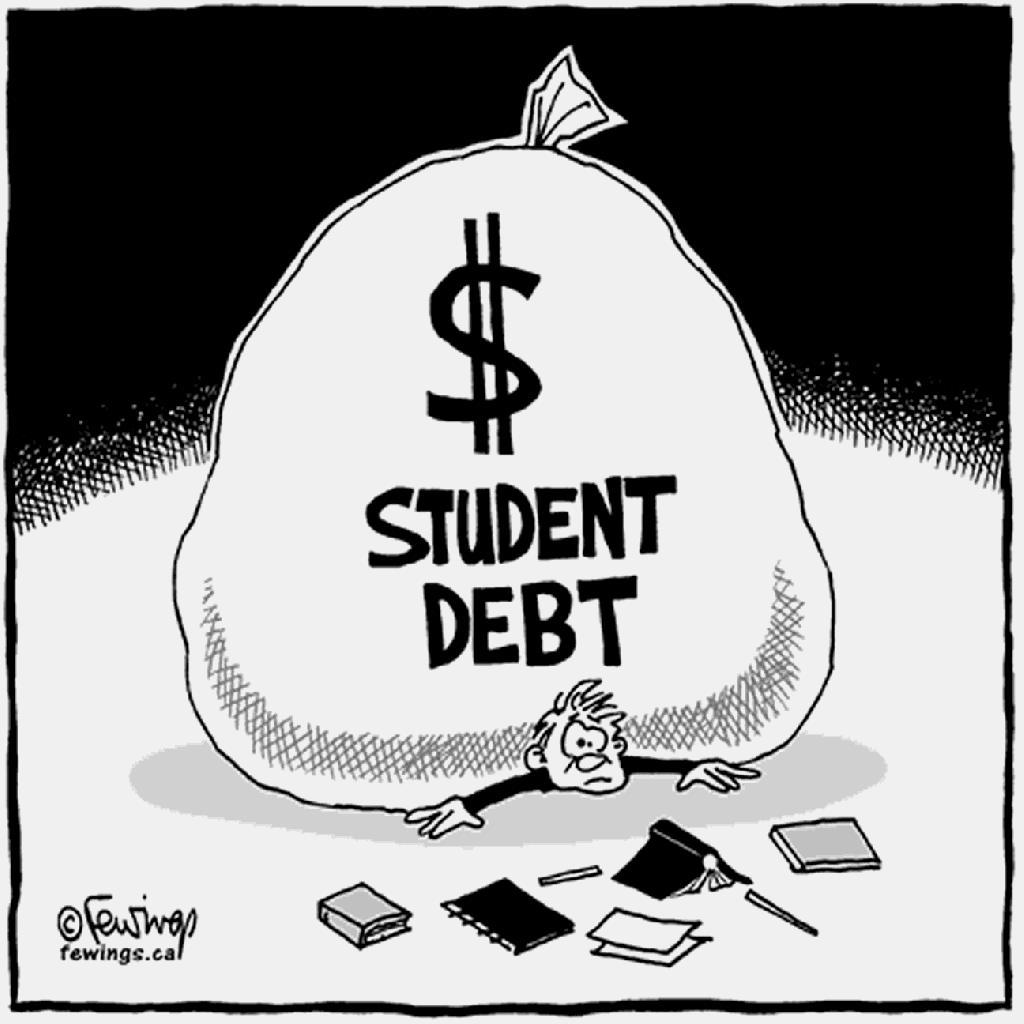General education classes can sometimes be the bane of your existence or a good experience where you actually learn a lot. They can feel like a compete waste of time and money, or they just might introduce you to your future major. They can also feel like a whole new world, or like high school 2.0. There are many pros and cons to the general education debate and both sides put up a solid fight.
1. Con: They may seem pointless and irrelevant to your major.

So here you are in college working towards your career and yet even though you're a mathematics major, you are currently sitting in a literature class that you absolutely despise. You know that you are paying good money for this class as well which irks you even more. You feel like you're wasting your time because you know that realistically, reading Shakespeare for the millionth time like you did in high school will not help you become the next greatest mathematician.
You may not even be good at this class or subject either and it may seriously hurt your GPA in the long run. Feeling forced into taking certain classes can feel a whole lot like high school all over again, which is not what you wanted college to be like. It can also be frustrating to do so much work for a class that is irrelevant to your major and future career.
2. Con: General education classes are time consuming and expensive.

College is expensive, and it's unfortunate that almost half of your time and tuition in school over four years goes to general education classes. At my college, there are 11 general education requirements that require 11-14 courses total that are four credits each. That is a whole lot of class time in addition to your prerequisite courses and courses for your major. It can also get messy, lengthy, and more expensive if you drop a general education class, fail a general education class, and etc. for whatever reason. Your graduation date can easily get pushed back if you do not complete your general education classes in exactly the right way.
If you have a major that requires more credits than others (or a double major), just fitting general education classes into your schedule can be a huge obstacle. You may even have to take pricey Summer classes just to graduate on time (or somewhat close to on time) in order to complete your general education classes. This can lead to more debt and less time to work or do internships during the Summer.
3. Con: Some general education classes are like high school all over again.

If you have a choice about which general education class you can take to fulfill the requirement, then that's great. Unfortunately, some general education requirements have limited class offerings or just one class that can fulfill the requirement. Things like a first year writing or foreign language general education requirement are very limited.
Personally, the two Spanish classes I had to take to fulfill the requirement at my college included the exact same information I had learned in high school. I was in honors Spanish classes in high school and they had a rigorous program. While I am happy that those years of experience prepared me well for college foreign language classes, it was a bit frustrating to have to relearn the same information again.
You may also want to take a certain general education class that peaks your interest, but may be unable to do so due to its prerequisites or the semester it is offered. Things like scheduling conflicts and full classes can also put a wrench in your plans and leave you with limited options.
4. Pro: They help improve your critical thinking skills.

Let's face it, no one is good at everything. Odds are that at some point, a general education class will push you out of your comfort zone and really challenge you. Critical thinking is a major skill you'll need in your future career and colleges should prepare you fro that. Taking a variety of courses in different disciplines will challenge you and help you improve your problem solving skills.
5. Pro: General education classes really can lead you to your passion or future career.

Many freshman enter college with an undecided major. It is difficult to decide what you want to dedicate your life to at age eighteen. A couple of semesters of general education classes can help a student find their major, a minor, or just a general interest. College exposes many students to subjects and courses they never had access to in high school that they may fall in love with.
Even if general education classes do not lead you to your major or minor, they can peak your interest and help you discover new passions. Personally, my art general education requirement was something I dreaded since I am not the best at drawing, theater, painting, and etc. However, I decided to take an introduction to film class (mainly because it was the only art course I thought I had a chance at succeeding at) and it was a fantastic decision. I had always enjoyed movies, but the class really opened my eyes to what it actually takes to make a movie and I learned to appreciate films on a whole new level (watching some really good films was a great perk of the course as well). It has been two years since I took that class and I am still thankful that it helped me discover my greater interest in film.
Other general education requirements like natural science, history, and connections were also extremely valuable to me. I was never good at or particularly interested in science, but I took an astronomy course with an amazing professor and I genuinely learned a lot.
As for history, I always liked the subject a lot but I wanted something different than the European and Untied States history classes I took for years in high school. I decided on a Latin American history course with another amazing professor and it opened up my eyes to so many things. It was a valuable learning experience that I am still so thankful for over a year later.
The "connections" general education requirement at my college seemed odd to me at first, but it is just a requirement to take a class from a certain list of courses in a variety of subjects that is not at all related to your major after you have completed at least 45 credits. I struggled to pick one and the course I initially wanted could not fit into my schedule, so I followed my intellectual side and took a philosophy class. It introduced me to such an interesting way of thinking, a fascinating discipline, and a wide variety of people with many different viewpoints. I had yet another outstanding professor who genuinely cared about the success of his students and the course ended up being the bright spot of my schedule. I genuinely wished my major was not as jam-packed as it is because I would definitely take another philosophy course again.
6. Pro: General education classes help to make you a more well-rounded, college educated individual.

Yes, four-year colleges are supposed to prepare you for your career. However, they are also expected to help you become a well-rounded adult who has skills in a variety of areas. Taking general education classes help you learn more, become more informed, and give you a little bit of experience in many disciplines.
Your college wants you to represent them well and not just educate you about your intended career and nothing more. Taking a variety of classes also helps you gain respect and an understanding of the value of different subjects and how they can help you not only in your career, but also in life.
Everyone has an opinion on general education classes. I hated some of them because they were genuinely a waste of time, but I enjoyed others more than I ever could have imagined. My advice to anyone who still has to finish some general education classes is to take ones with highly recommended professors, take ones that interest you, and do not be afraid to take a class that is a little bit of the box (those were the ones I liked the most)!



















